It’s been 161 years since the US drilled oil for the first time. If we never struck oil in the 19th century, where would be? Perhaps we’d be riding our horses to work. On the other hand, perhaps we would be running planes on water by now and taking day trips to the Moon.
Busy? Try the speed read.
The scoop It’s been 161 years since the US drilled oil for the first time. Let’s talk about the history and future of oil, and where it fits into our plans for better planet.
Talking points
- We keep running out of oil and then find more.
- It seems like the world is moving away from oil, but the US is producing more today than ever before.
- Unconventional oil, which is oil that is extracted by non-traditional means, is more problematic given its more likely to use more costly and environmentally disruptive processes.
- If you stream videos, drive a car, or live in a colder climate, you probably use more fossil fuels than you think.
- To move away from oil, we need to either invest heavily in a climate plan at an institutional level (cons: more government market intervention, higher taxes) or create a marketplace where renewables are the more viable option for businesses and consumers.
Final thoughts More investment in renewables will help ‘fuel’ the transition away from oil. In the meantime, let’s get the Republican party to acknowledge climate change.
Dig deeper → 2 min
This is an ode to oil, I guess.
So where was America’s first oil well discovered?
A. California
B. Pennsylvania
C. Kentucky
D. Texas
161 years of oil
Aug 27th marks 161 years since Colonel Edwin Drake drilled what’s largely considered to be the world’s first oil well in the state of Pennsylvania, 69 feet below the Earth’s surface.
Oil historian Daniel Yergin references the Quaker State as “the Saudi Arabia of the 19th century-oil” due to its once-abundance of black gold.
Any of you guess Texas? Not a bad guess. The Lone Star State dominated the US oil game beginning in the 20th century, when East Texas’ Spindletop oil field began pumping more oil than all other American wells combined.
Drake’s first successful Pennsylvanian oil drill is often celebrated as the gateway to the modern world. In many ways, that event sparked a global industrial movement that quickly followed the Civil War’s footsteps and sprinted past the 20th century.
The discovery and extraction of oil for energy consumption was undeniably a remarkable human achievement, for better or for worse (in the larger scheme of human-kind). With all this COVID-crap, who knows what the future holds…
So is oil scarce or…
It’s a finite resource, but history makes everything confusing — per usual.
I’ll get to that in a second. For context, I think it’s important to note how American pioneers treated oil when it was first discovered. Once we understand the cultural perceptions around oil production in the 19th and 20th century, we can more eloquently explain how the advanced world today is so damn dependent on it.
Go ahead, you can hail yourself as the best environmentalist West of Greta, but you probably can’t live through a harsh North American winter without fossil fuels.
So where does the paradox of plenty leave us? Excessive drilling, tall buildings, big cities, fast cars, foggy skies and environmental depletion.
Somehow, US enterprise managed to exhaust its fickle hydrocarbon supply several times in a very short timeline. In other words, we kept on digging for more when we thought we ran out.
“The world will run out of oil in 10 years.”
– U.S. Bureau of Mines (1914)
“The world will run out of oil in 13 years.”
– U.S. Department of the Interior (1939 and 1950)
“The world will run out of oil and other fossil fuels by 1990.”
– Paul Erlich, Limits to Growth (1973)
“The world will run out of oil in 2030, and other fossil fuels in 2050.”
– Paul Erlich, Beyond the Limit (2002)
Fact and fantasy
Doomsday predictions from journalists and even US presidents seem more rooted in politics and market-manipulation than hard science. Who cares? Well, our push-pull love affair with oil is more fantasy than fact. In essence, we never really slowed down our obsession with oil, and in the last decade, we have produced more in-house than ever before.
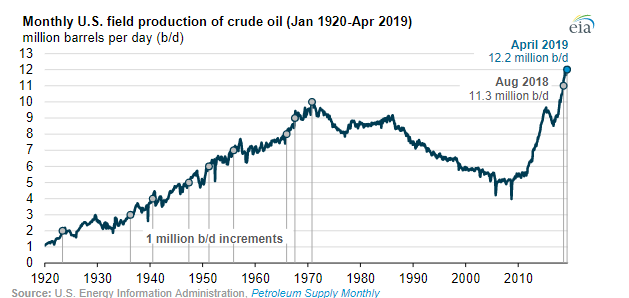
As we talk about the importance of clean energy, the US is quietly producing more and more oil under harsh Trump tree-chopping policies. Undoubtedly, the path toward energy independence is somewhat clear, but what that entails for environmental causes remains dubious at best.
Sure renewables are an option to shut Exxon’s mouth, but a lot of investment is needed to deliver on clean energy promises without compromising the oh-so-fragile modern American lifestyle. That requires either a massive climate plan (an expensive one) like the Dems recommend, or we somehow convince Joe Sixpack to trade in his Ford F-350 for a Prius.
I’m not sure what the 2030 energy market will look like, but November may have a lot to do with it.
Unconventional oil sucks
Ultimately, we should focus on the real issues that arise from the eventual scarcity of oil (it has to happen some time right?!), like limiting the use of unconventional oil.
Unconventional oil is oil that is obtained from non-traditional processes, basically anything besides vertical drill. Those processes normally bears a higher cost.
Heavier oils like oil shale (considered to be unconventional) require more water use, often cause chemical runoffs in the surrounding environment, and release more greenhouse gases.
Final thoughts
There is a way out
One day, I hope to live without oil and stop digging Mother Earth all together. But I wouldn’t be typing on this laptop, or streaming WAP on repeat without fossil fuels.
It sucks, but it’s the world we live in today. Deny it, fight it, but you probably still live in that world if you use a product or service from Netflix, Amazon, Apple, Facebook, Google or Microsoft.
Humans can make real change to their lifestyles, and that will certainly help. For now, we’re stuck in the waiting room for an oil-free, and simultaneously productive, world economy. Scientists already saw disappointment from the hype of cellulose ethanol and the road ahead for algal biofuels is a long one.
More investment in renewables are helping to ‘fuel’ that transition. In the meantime, let’s get the Republican party to acknowledge climate change.
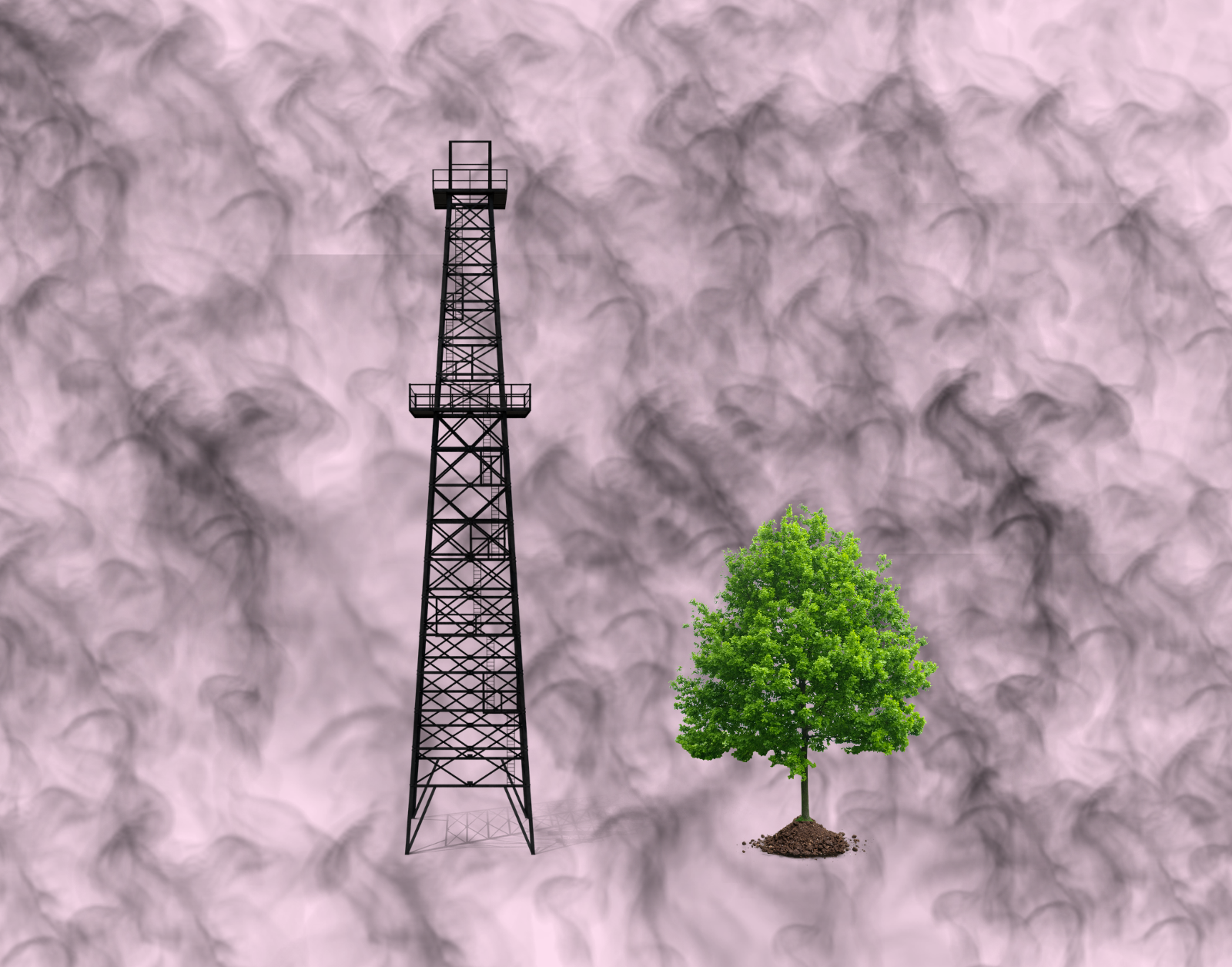

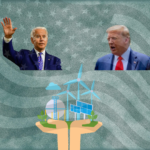

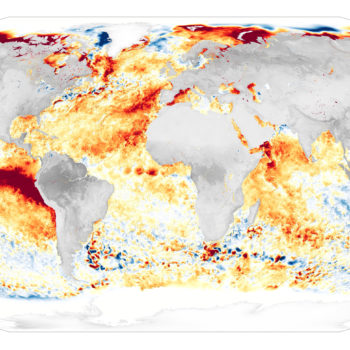
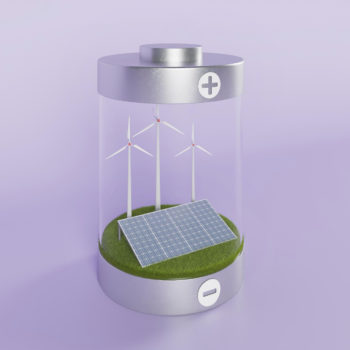



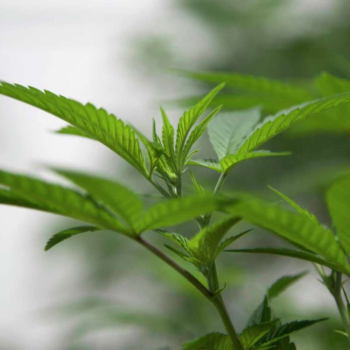



No Comments